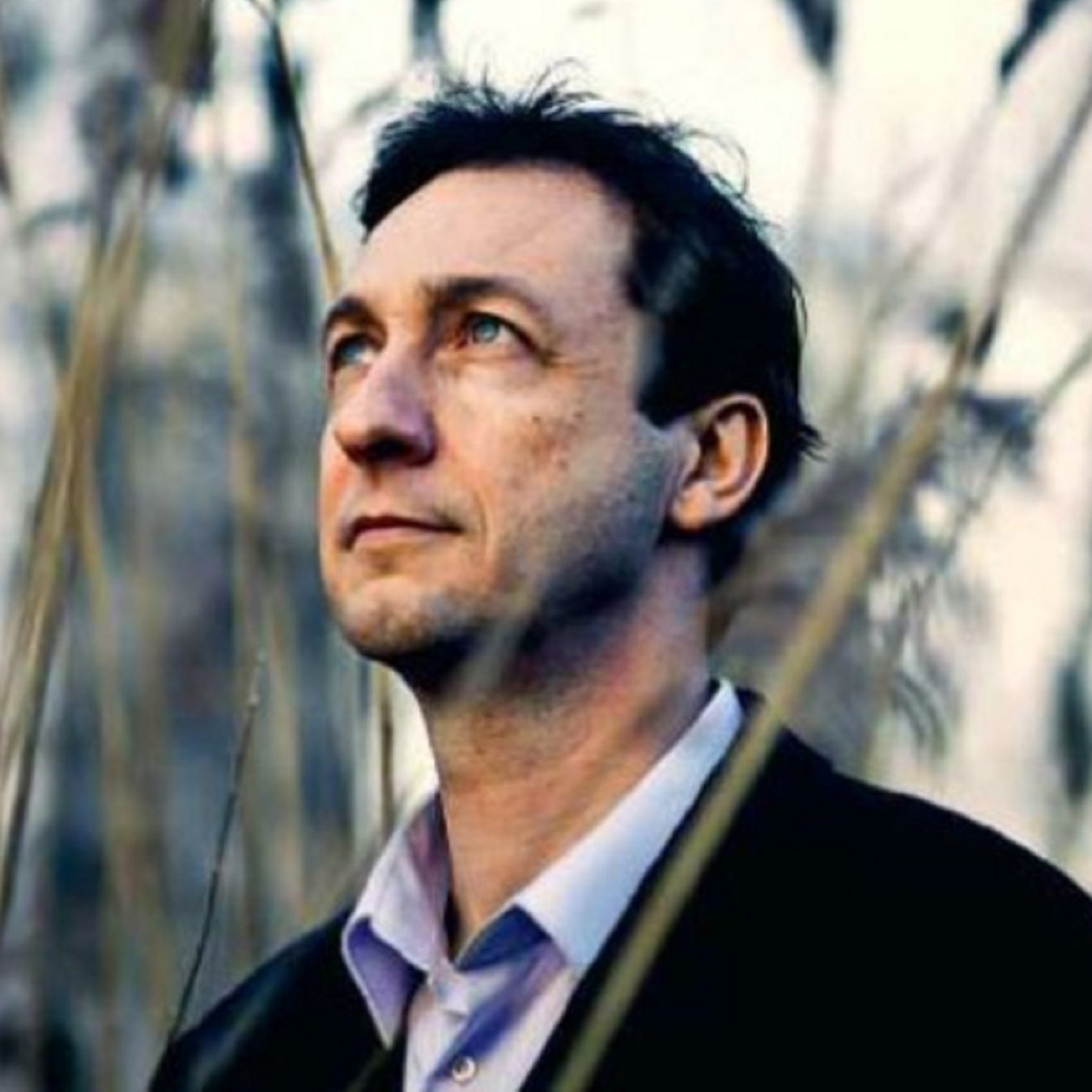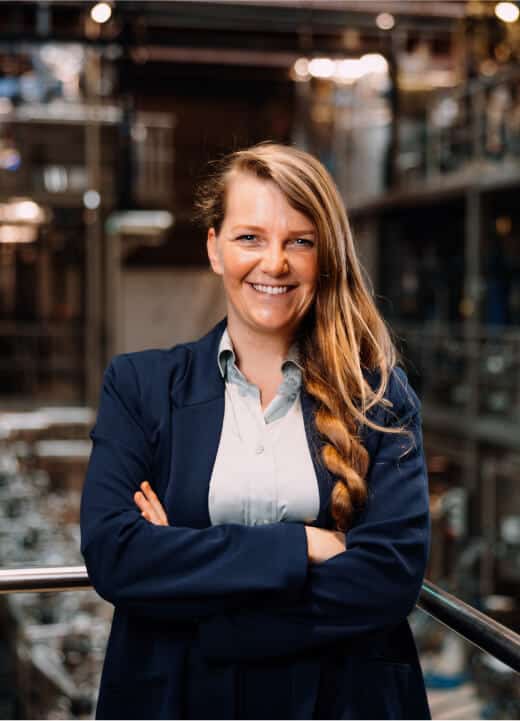Head of InBio.be
Wim Soetaert
Prof. dr. ir.
Wim Soetaert, the founder of InBio.be, is an industrial biotechnology and biorefining specialist, who spent 13 years in the carbohydrate processing industry as a research director in Germany and France, for the sugar group Pfeifer & Langen and the wheat processing company Chamtor, before joining UGent as a full professor. He has been active at InBio.be in the field of industrial biotechnology and downstream processing, specifically in the field of biosynthesis of specialty carbohydrate and biosurfactants. He has coordinated several (inter)national research projects on these subjects, focusing on strain engineering, process development and scale-up. He has a strong industrial drive and aims to take the necessary actions to bring new and promising technologies to the market. He is currently lecturing the courses “Microbiology”, “Industrial biotechnology” and “Industrial fermentation processes and downstream processing” at Ghent University, he tries to inspire his students on the potential and importance of white biotechnology. Next to his academic activities, Prof. Soetaert is the director of the the Bio Base Europe Pilot Plant, an open innovation pilot plant for the development of biobased products, and the co-founder Inbiose and AmphiStar, two spin-off companies of Ghent University active in the field of human milk oligosaccharides and biosurfactants, respectively. Both spin-offs were created based on research results obtained at InBio.be.
Postdoctoral researchers
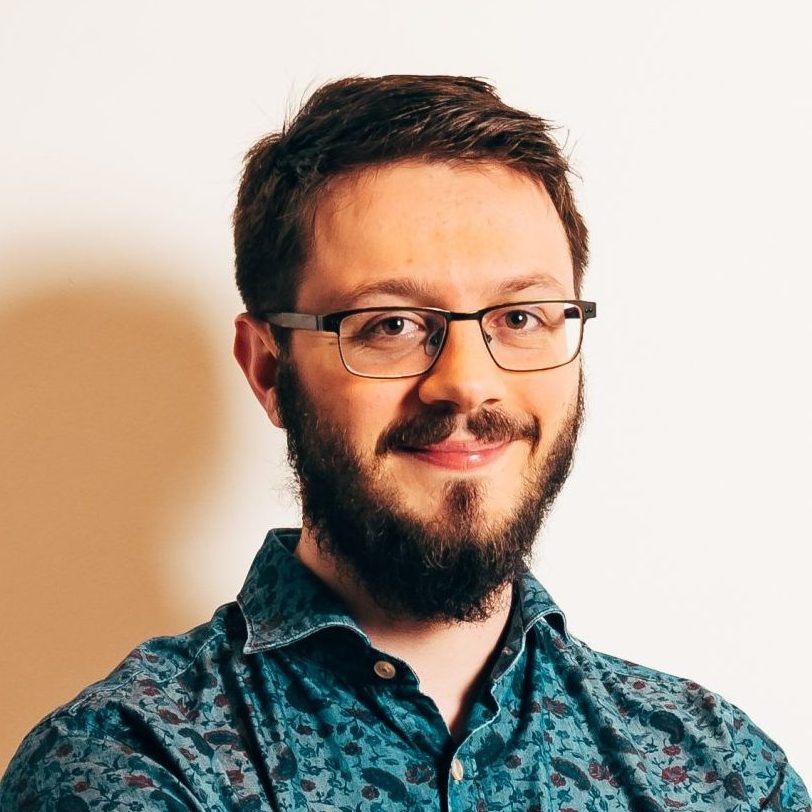
Maarten De Mol
Dr. ir.
Maarten De Mol is a strain engineering specialist for multiple conventional microorganisms like S. cerevisiae and E. coli as well as for several less-conventional microorganisms. He monitors the lack of production robustness in heterologous hosts as well as develops novel strain engineering techniques to transform these microorganisms into cell factories applicable in a biobased economy. Maarten heads the GlycoActives research group and coordinates the FWO-SBO project ‘Iminogene’ which not only focuses on metabolic engineering but also on genome mining for the biosynthesis of specialty carbohydrates.

Sofie De Maeseneire
Dr. ir.
Sofie De Maeseneire is an expert in metabolic engineering of and tool development for yeasts and fungal hosts. She aims to generate microbial production platforms for specialty carbohydrates and biosurfactants. After obtaining her PhD on the development of a novel fungal host for enzyme production, her research focuses on the development of Saccharomyces cerevisiae as a platform for specialty sugars, on the development of non-conventional yeasts as a platforms for the production of biosurfactants and on the development of synthetic biology-based tools to enable metabolic engineering of new (eukaryotic) production hosts. Part of her research contributed to the foundation of the spin-off AmphiStar.

Tom Delmulle
Dr. ir.
During his Tom Delmulle investigated several co-localisation strategies in the yeast Saccharomyces cerevisiae for the production of value-added products. After a short time at Bio Base Europe Pilot Plant, Tom joined InBio.be where he is currently heading the CycleUp research group and establishes new research lines that will aid in the transition towards a circular bio-economy.
CycleUp Group
Joana Martins
ir.
Engineering bacteria to produce building blocks for biodegradable biopolymers using industrial gas streams rich in CO2, leading to a more sustainable and cost-efficient production of bio-based building blocks for novel polymers.
Wim Hectors
ir.
Performing research to convert paper and cardboard waste into sustainable chemicals such as biobased butadiene. CO2 inherently produced during fermentation will be immediately reused in the process itself.
GlycoActives Group
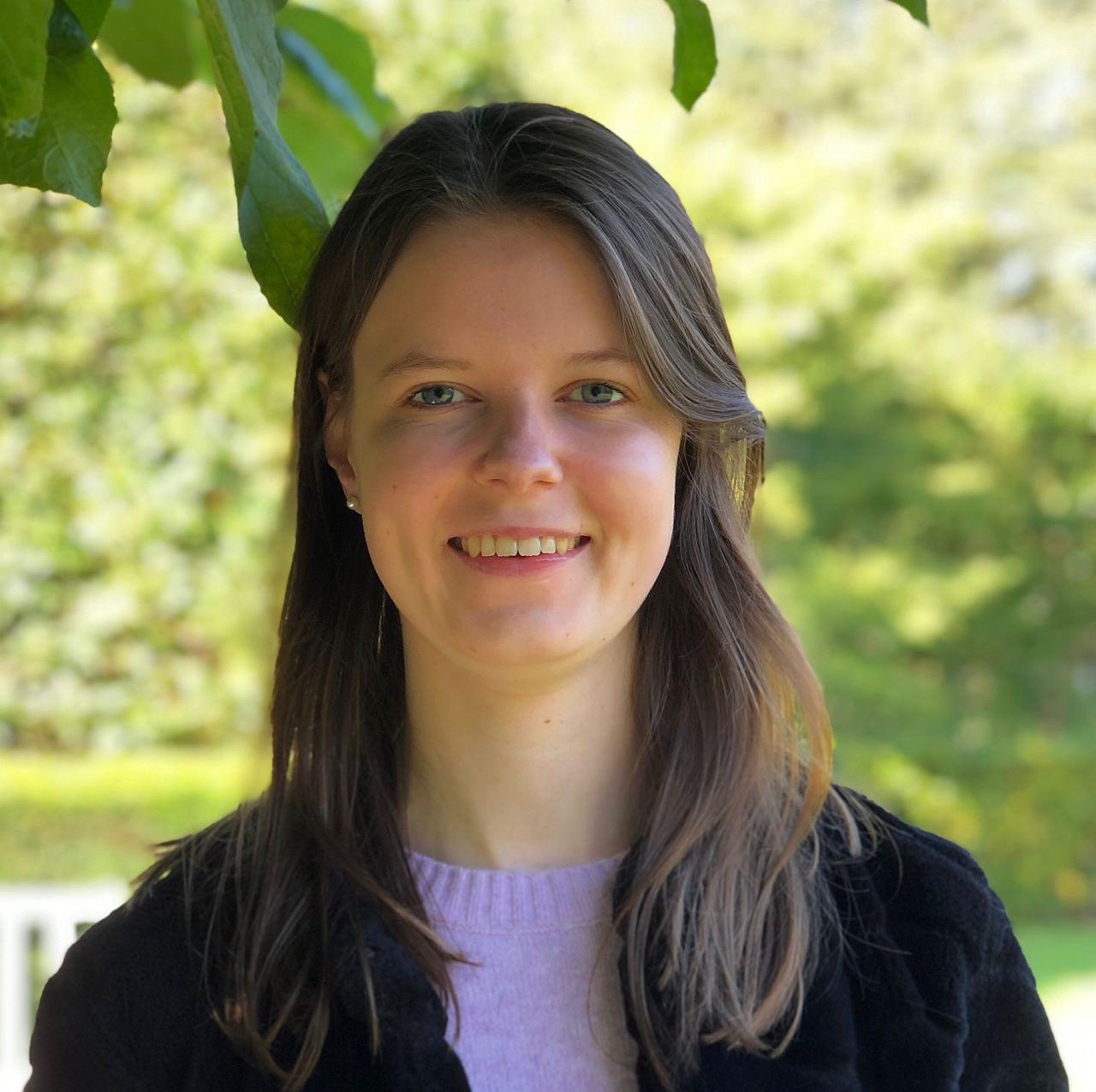
Jeltien Rombaut
ir.
In her PhD, Jeltien develops and applies functional-based screening to identify novel N-containing specialty carbohydrate gene clusters. These clusters lay the foundation for the sustainable production of these special sugar-mimics through microbial fermentation. Jeltien’s research complements our research in the FWO-SBO project IMINOGENE.
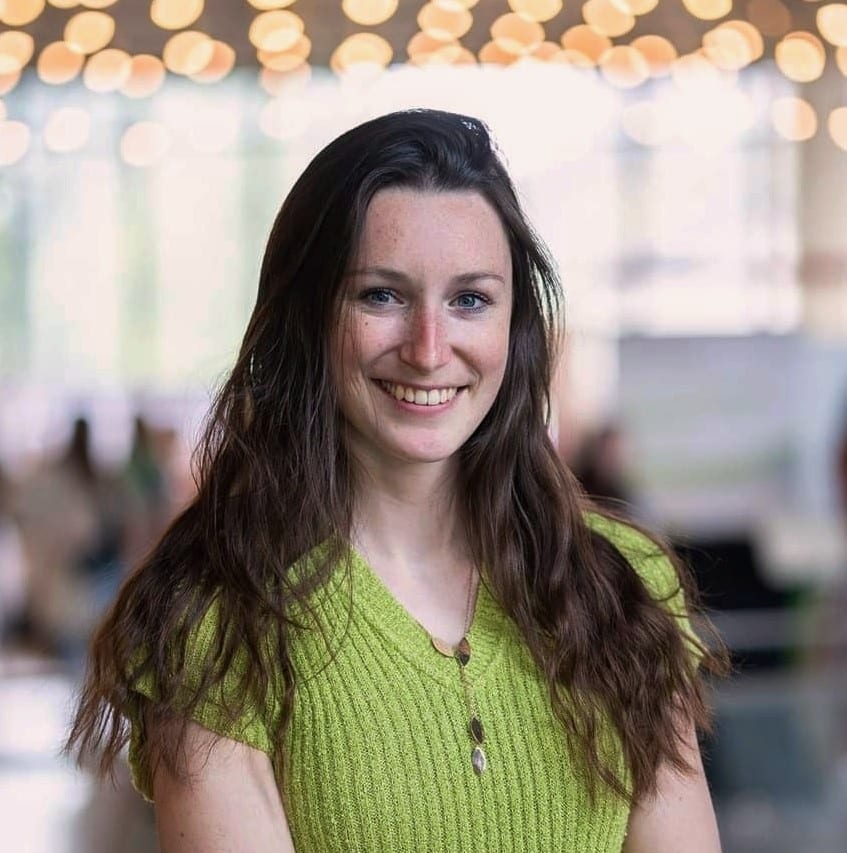
Anne-Sofie De Rop
ir.
Anne-Sofie works on identifying biosynthetic gene clusters of specialty N-containing carbohydrates from microorganisms and their application in microbial cell factories. Her PhD research complements the IMINOGENE project, which aims to replace current inefficient chemical synthesis or extraction processes by a more sustainable and scalable alternative obtained through microbial fermentation.
LipoActives Group

Elvira Bytyqi
ir.
During her PhD, Elvira is transforming a novel non-conventional yeast into a platform organism by developing a molecular toolbox. This toolbox is used to confirm the biosynthetic pathway of innovative glycolipid biosurfactants in the novel yeast and will be applied to enhance its production efficiency. As such, this will allow the expansion of the structural and functional variety of microbial biosurfactants.
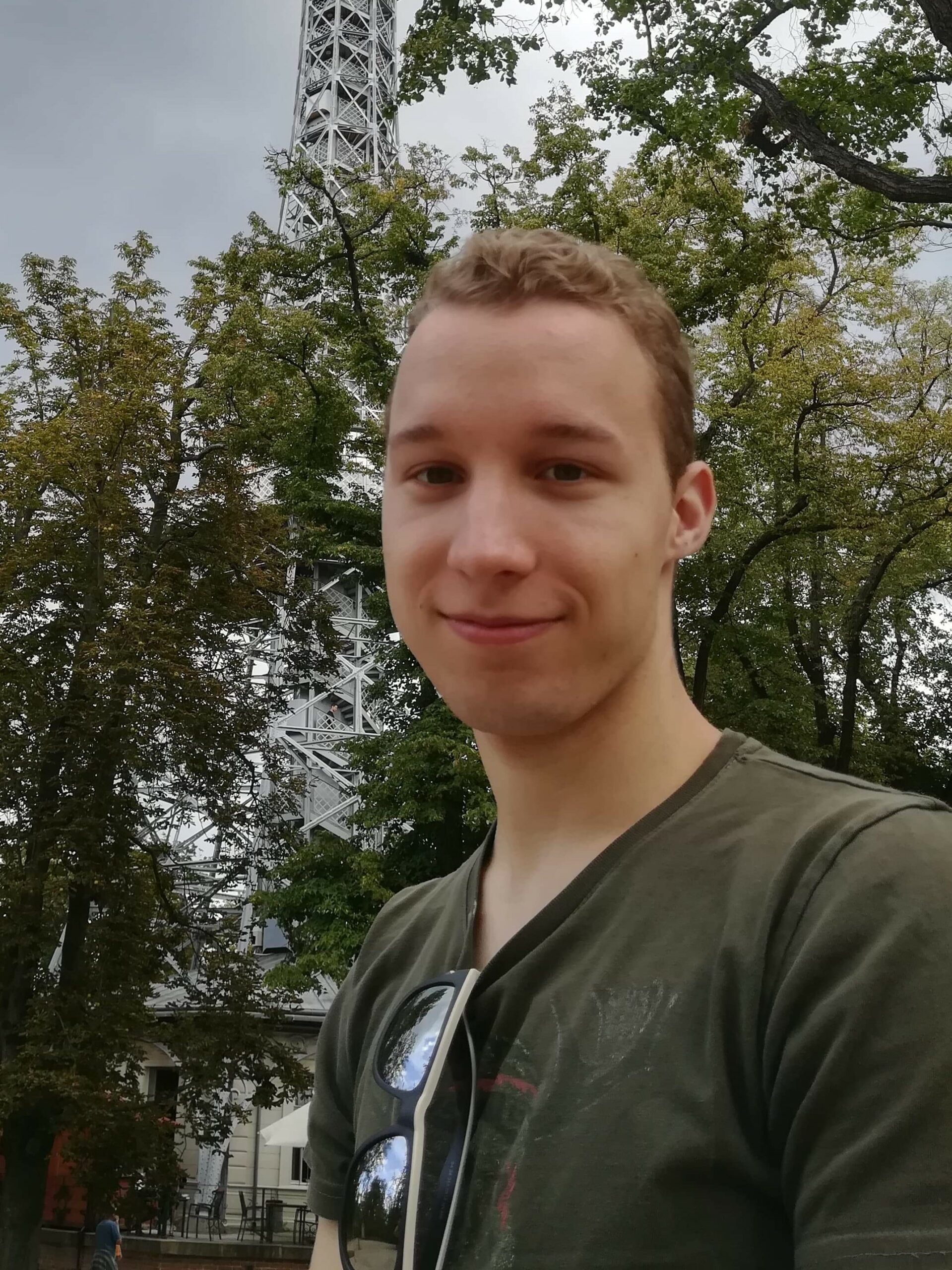
Stijn Bovijn
ir.
Stijn is working on the European Waste2Func project to produce new-to-nature biosurfactants starting from industrial and agricultural waste streams. In order to both enable growth on waste-derived substrates and enhance productivities, different strategies for the metabolic engineering of Starmerella bombicola are investigated.

Thibo Van de Craen
ir.
Thibo is working on the European Waste2Func project to produce new-to-nature biosurfactants starting from industrial and agricultural waste streams. In order to both enable growth on waste-derived substrates and enhance productivities, different strategies for the metabolic engineering of Starmerella bombicola are investigated.
Research Support Team
Affiliated Researchers
Sophie Roelants
Dr. ir.
An experienced biotechnologist, Sophie earned a PhD in Applied Biological Sciences in 2013. After her PhD, she set up and managed a unique R&D collaboration between the University of Ghent (InBio.be) and the Bio Base Europe Pilot Plant. As a result, she co-founded AmphiStar in 2021. Initially serving as CEO, Sophie moved to the COO role where she uses her experience of leading complex scientific investigations in line with commercial needs and interests to best manage the company’s innovations in the biosurfactants field.
Former Members
Under construction

